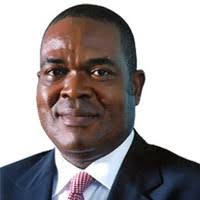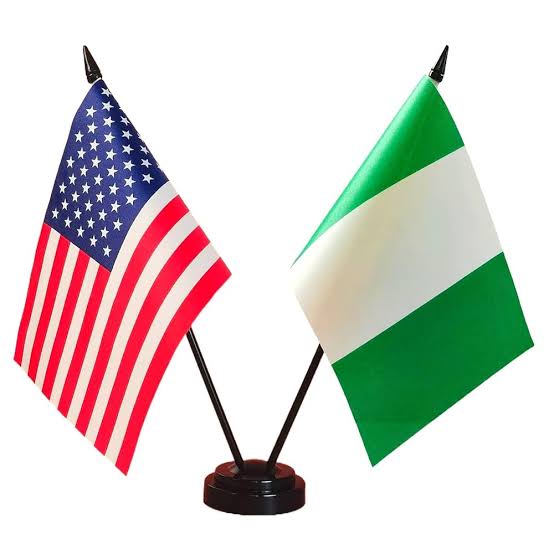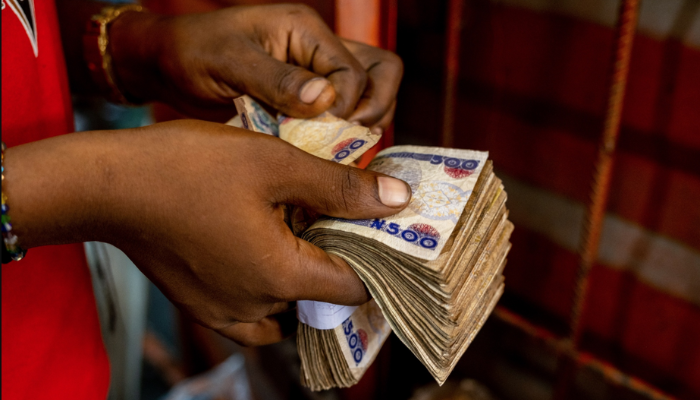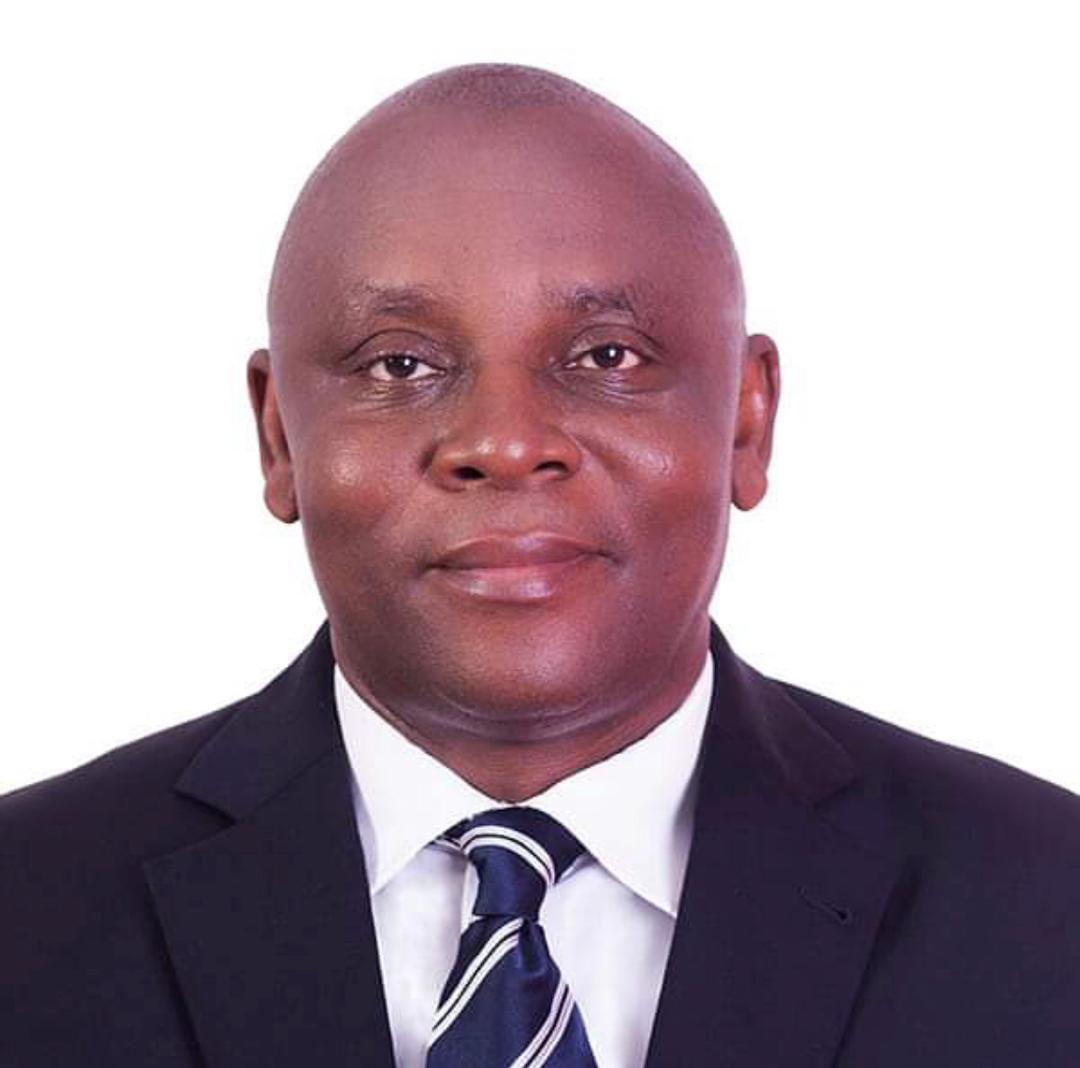By Marcel Okeke
For decades, Nigeria, the country that is home to the largest black population in the world, has proudly carried the epithet: ‘Giant of Africa.’ For this, it has often been in the forefront in the defense and propagation of the sovereignty and corporate survival of the continent; and on several occasions, it has paid dearly and vicariously for this stance.
Concomitantly, Nigeria, in the comity of nations, had garnered respect, prestige and allies; and has also attracted (even if discreetly) some derision, political and economic ‘enemies’ from across the globe. The country’s numerical strength (of well over 200 million citizens), economic clout (with a GDP of over US$500 billion at some point), and diverse and massive mineral resource endowment (including oil, gas, coal, gold, etc.), underpin the topnotch place the country.
All these have played roles in the placement and treatment of the country on the regional and global economic, political and diplomatic chessboard at every point in time. While some investors see Nigeria as an attractive huge market, others see it as a veritable goldmine for exploration and exploitation.
Today, in the fast evolving ‘New World Economic Order’ kick-started by the policies and pronouncements of the U.S. President, Donald Trump, since his inauguration in January 2025, Nigeria seems to have gotten ‘sandwiched’ in the power play of the leading powers. The country has been nudged out of its usual ‘non-alignment’, and yet ‘frontline’ posture, as shown by recent developments around the globe.
In a space of one week, Nigeria had appeared as a ‘beautiful bride’ in the Brazilian city of Rio de Janeiro, but got thoroughly snubbed by not being counted worthy to participate in a U.S.-Africa (mini-) Summit in Washington D.C. Prior to this, President Bola Ahmed Tinubu of Nigeria had spent a whole week holidaying in the tiny island of Saint Lucia, in the Caribbean Sea.
While on the visit, justifications for which many Nigerians take as unserious, President Tinubu, flaunted the full toga of the ‘Giant of Africa.’ At each point, he painted an emerging rosy picture of Nigerian economy, courtesy of the outcomes of his recent reforms. He wooed not only Saint Lucia but also all other Caribbean nations to “come over to Macedonia.”
President Tinubu announced the offer of full scholarships to (intending) Lucian students to study in Nigeria, among other packages including waivers and concessions to their prospective and willing investors. President Tinubu so wowed the Lucians that the island country’s leadership had to bestow on him the Knight Commander of the Order of Saint Lucia.At home, however, the Nigerian Presidency justified the visit, saying: “In an era of global uncertainty, deepening cooperation between the Global South, particularly between continental Africa and the Caribbean, has become imperative.”
Yet in pursuit of “deepening cooperation between the Global South,” President Tinubu moved from Saint Lucia to Brazil, to attend the 17th BRICS Summit in Rio de Janeiro. Nigeria joined BRICS as a ‘partner country’ in January 2025. However, the country’s inclusion in the BRICS bloc was first announced in October 2024, during the 16th BRICS’ Summit in Kazan, Russia.
BRICS, an intergovernmental organization, formed about a decade ago, initially comprising Brazil, Russia, India, China and (later), South Africa (BRICS), has already been joined by Egypt, Ethiopia, Indonesia, Iran, and the United Arab Emirates. The group’s primary goal is to promote economic cooperation and multipolar governance among its member states, while challenging the dominance of Western countries in global affairs.
In pursuit of the task of “challenging the dominance of Western countries in global affairs”, BRICS has opted to provide alternatives to a number of world institutions and systems. There is the BRICS Payment System: an alternative to the SWIFT system, aiming to reduce dependence on Western financial infrastructure.
Apparently, as an alternative to the Bretton woods institutions (The World Ban & IMF), the BRICS has also set up a multilateral development bank (New Development Bank) that provides financing for infrastructure projects in member countries.
There is also a BRICS Contingent Reserve Arrangement (CRA): a framework for protecting against global liquidity pressure and currency issues. This is really an initiative to bypass the ‘monopoly’ of the American dollar as the ‘sole’ reserve currency across the globe.As it were, all these BRICS’ goals and agenda seem a direct counterpoise to the ‘America First’ and rabid nationalism personified by Donald Trump in his second coming as President of the U.S. While Trump is espousing extreme nationalism, and bilateralism, BRICS is pursuing multilateralism and globalization.
To this end, to President Trump, BRICS is a body that must be collapsed, and every of its members (including Nigeria) is a target for some punishment or sanctions. And this provides the backdrop for Trump’s ‘hand picking’ of African participants in the recent U.S.-Africa summit—the first since his assumption of office in January 2025.
President Trump invited only the leaders of Gabon, Guinea-Bissau, Liberia, Mauritania, and Senegal to the summit, at which he told them that the U.S.-Africa engagement would be shifting from traditional aid programme to deeper economic partnerships. This entails phasing out development aids via USAID and slashing funding for humanitarian programmes across Africa.
For Nigeria, since January 2025, Donald Trump’s pronouncements and Executive Orders have ensured that the price of crude oil does not rise significantly. In tune with ‘America First’, President Trump is priming America to play dominantly in the global energy supply chain, by becoming a net exporter of oil, among others.
The upshot of this posture has been the widening gap between Nigeria’s expected forex (FX) earning from oil sales, and the actual. While Nigeria’s 2025 budget is based on expected oil price of US$75 per barrel, the price of the commodity has hardly crossed US$65 since Trump’s emergence. Nigeria is therefore ‘pushed’ into a ballooning deficit—prompting her endless borrowing from almost everywhere.
Nigeria has also become one of Donald Trump’s targets for increased and increasing tariffs—both countries having been trading partners over the years. Earlier this year, the U.S. slammed a 14 per cent tariff on Nigeria, in what it claimed was a ‘reciprocal’ measure. Yet again, hovering over Nigeria is another (proposed) 10 per cent tariff, mainly targeted at BRICS member states.
A few days ago, the U.S. commenced tightening the visa space for Nigeria. In a statement, the U.S Department of State said: “most non-immigrant and non-diplomatic visas to citizens of Nigeria will be single entry visas with only three-month validity period.”
However, while this visa constriction or restriction is coming from the U.S., Nigeria seems to be opening new frontiers of opportunities in South America and the Caribbean, courtesy of President Tinubu’s attendance of the BRICS’ meeting in Brazil, and state visit to Saint Lucia. While in Brazil, President Tinubu was a darling of Luiz Inacio Lula da Silva, the Brazilian President.
Both leaders discussed several key issues during their bilateral meetings, including agricultural development and food security; livestock development; trade and economic cooperation as well as transportation, etc. Incidentally, President Trump sees Lula da Silva of Brazil, host of the BRICS’ meeting, as one of the arrowheads of the body.
Trump and the Brazilian leader have been in a diplomatic face-off over “politically charged coup trial” involving the ex-President of Brazil, Jair Bolsonaro—President Trump’s ally. While Trump accused Brazilian authorities of carrying out a “witch hunt” against the ex-President, Lula da Silva warned Trump of “interference,” adding that “no one is above the law.”
In the face of this ‘diplomatic duel’ and maneuvering between the two giants (U.S. and Brazil), Nigeria would seem to be a vicarious victim. As the U.S. directs what looks like a ‘scotched earth’ diplomacy against Nigeria under the guise of ‘America First’, will the BRICS and Caribbean states offer a dependable ‘alternative’ lifeline to Nigeria?
Nigeria cannot afford to be lost in the pecking order of relevance, importance, and significance in the ‘New World Economic Order,’ especially on the African continent. This is why it looks absurd that a U.S.-Africa summit of any hue could hold without Nigeria’s presence in any form. Indeed, whither Nigeria?

The author, Okeke, a practicing Economist, Business Strategist, Sustainability expert and ex-Chief Economist of Zenith Bank Plc, lives in Lekki, Lagos. He can be reached via: obioraokeke2000@yahoo.com (08033075697) SMS only




